Camp Erin Grief Camp for Kids
“It was like watching a box open up.”
Maya Cossu was just five years old when her dad, Stefano, died of a bacterial infection, at the age of 50. Feeling like she was the only kid who had ever had a parent die, the little girl felt different, isolated, not a part of. Her mom, Lara Cartmale, was concerned that her daughter was not showing any emotion, and in fact, did not want to discuss the fact that she did not have a father anymore.
“When her dad died, Maya had a very hard time understanding the concept of forever,” says Cartmale. “She had a tough time understanding what a bacterial infection was. It got to the point that Maya was living her own narrative.”
Feeling lost, and searching for an outlet to both assuage and find comfort and understanding in their grief, Cartmale and Cossu started attending family nights at the Dr. Jay Children’s Grief Centre. Mother and daughter made gingerbread houses together and quietly interacted with other families going through similar experiences living with grief. “There were so many kids of all ages there that had had the same kinds of experiences as Maya. Going to the Centre felt like a proactive step,” Cartmale says. In hopes of coaxing her daughter out of her shell, Cartmale enrolled her in one-to-one art therapy, but Maya did not embrace the modality, which is a common experience for children as they learn the therapeutic intervention that fits best for them. “Maya resisted the feeling that she was now part of a broken family,” Cartmale says. “She was not sharing anything at the sessions, and in fact, remained completely silent. I have to admit that it was not easy.”
Cartmale, too, found the sessions hard, even uncomfortable sometimes, as she worked on coming to terms with the fact that her family had changed, that she no longer had a husband, her cherished friend and confidante. “I felt like we were in a group of broken families,” she says.
Recognizing that Maya needed more help than she could provide, Cartmale met with the counsellors at the Dr. Jays Grief Centre to get their ideas on how best to draw Maya, now 8, out of her bubble, and get her talking and interacting with other children. Camp Erin, a weekend-long kids grief camp of the Centre was suggested as a positive step towards Maya finding her way to explore and express her grief. It was an opportunity for her to be with kids her own age, who were going through similar experiences. Camp Erin is provided at no cost to children, 6 to 17, who have had an immediate family member or custodial caregiver die. It is a camp that welcomes grieving children and youth throughout Ontario from any cause of death including suicide, homicide and overdose and any length of time since the death. It is important to the Dr. Jay Children’s centre that camp be an opportunity to support kids and youth who may have difficulty accessing support in other ways.
“While she didn’t know what to expect, Maya was excited to go to camp and be a part of the overnight experience,” Cartmale says. “And while she had attended family events and art therapy, it was really the camp experience that changed things for Maya.”
The Dr. Jay Children’s Grief Centre’s Camp Erin weekend, held at the beautiful Camp Manitou, includes a meet-the-camper event, the camp weekend, and a camp reunion. The Meet-the-Camper event occurs prior to camp and helps increase the campers’ comfort around leaving to go to camp, as well as helping to alleviate parents’ anxieties. Separating for a whole weekend can be exceptionally difficult following a family death. The world can feel much less safe and there is a desire to keep close to each other.
The focus of the weekend camp is to provide campers with the tools needed to help them in their grief, and with dealing with difficult life experiences. The camp also enhances self-esteem and provides moments of pure enjoyment, giving children and teens the opportunity to meet with other grieving kids in a fun and natural environment. Understanding that they are not the only ones to experience the death of someone close to them helps decrease the sense of isolation that many grieving children experience.
There are a number of key grief rituals that all 46 Camp Erin sites include as therapeutic support. These include: creating a camp memory board compiled of pictures of the person who died in each camper’s life; choosing a grief activity during grief rotation (sponge bombs, graffiti tagging, spa treatments practiced on each other, journal making, sand art), all activities that offer campers the opportunity to express and process grief. The Ask the Doctor session encourages campers to ask anonymous questions, (anything goes!), around the worries or anxieties they are experiencing as a result of their loss. The camp luminary ceremony, where campers light a candle and spend some time in the ritual of remembrance, is especially profound.
“Listening to other people and their experiences, was a profoundly changing experience for Maya,” Cartmale says. “She used to be very scared, and would question me about when I was going to die, and how old I would be when I did die. She doesn’t do that anymore. It is like watching a box open up. Maya accepts that death is what makes life precious. Death is no longer a closed experience. Maya is no longer afraid of death. She now understands that it is a part of life. She learned to think about her feelings and to verbalize the fact that, yes, we miss ‘our’ person, and that is OK. Camp was the first time that Maya cried with other people. She is able to take out some of her memories now, to open them and look at them when she needs to. But there is not the desperation to cling on to them as there was previously. All of these positives came as a result of Maya attending camp.”
It has been two years since Maya, now 10, attended camp, and her growth forward is both remarkable and touching. As a Grade 5 student, Maya had to do a project this year on something that resonated with her, so she did one on Camp Erin. She started a drive to raise money, (which involved both students and parents), with the end goal of making a donation toward this year’s, (2019) campers’ backpacks. The fundraising project, now successfully completed, raised enough money to add coloured pencils to each and every one of the camper’s backpacks, along with a note of encouragement and care. Maya knows that she is not alone, and that singular feeling has given her tremendous confidence.
“Maya’s mental health absolutely depended on this experience,” Cartmale says. “I am not over stating the importance of her camp experience – it has been a life shift for Maya, and for that I am forever grateful. Maya now understands and accepts that Stefano gave her and I enough love to last us our lifetime.”
The Centre provides campers important post-camp care, resources, and counselling. All of this work is done through the generous support of individual donors and foundations including The Eluna Network, Jays Care Foundation.
If you would like to contribute to securing the future of Camp Erin Toronto please visit www.canadahelps.org/en/charities/dr-jays-childrens-grief-centre
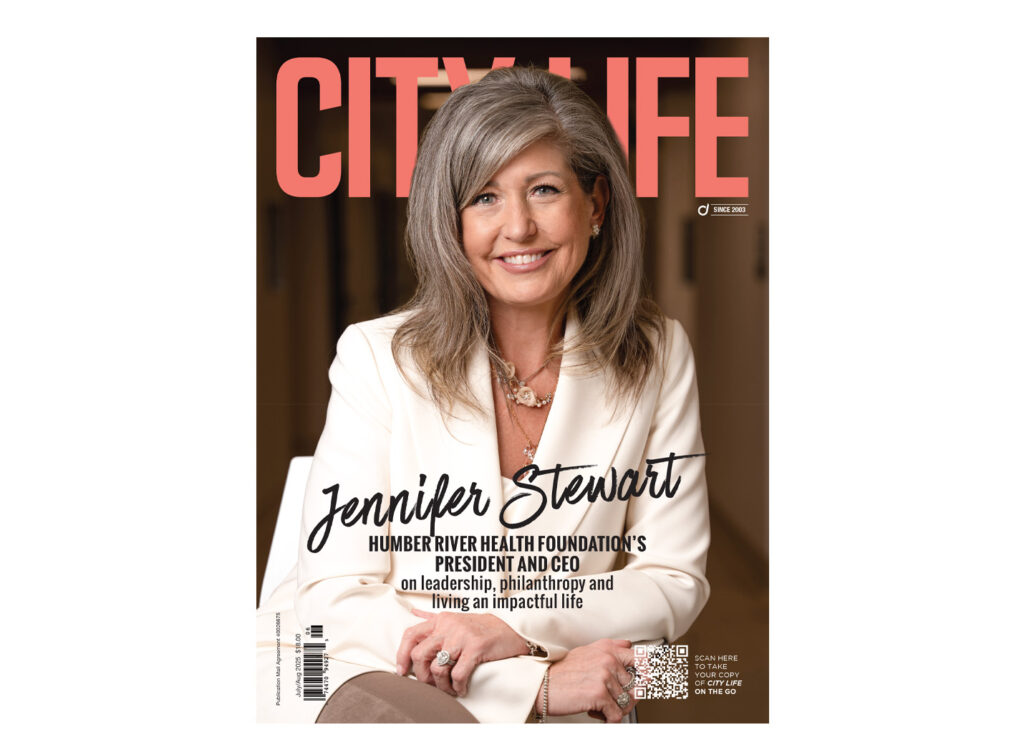








































































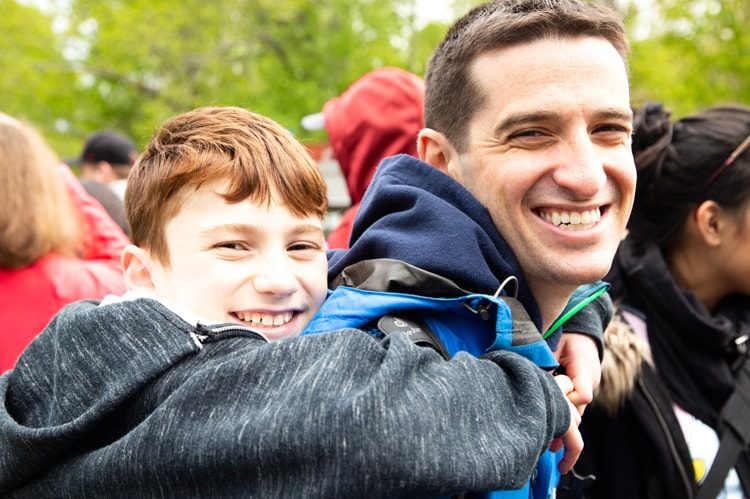
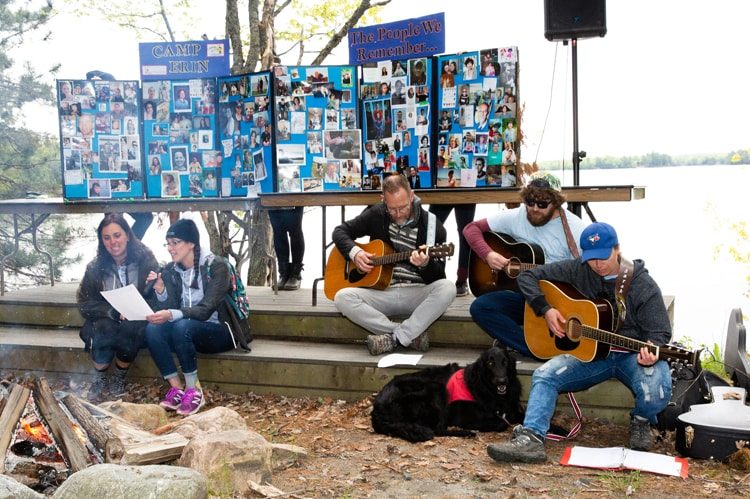
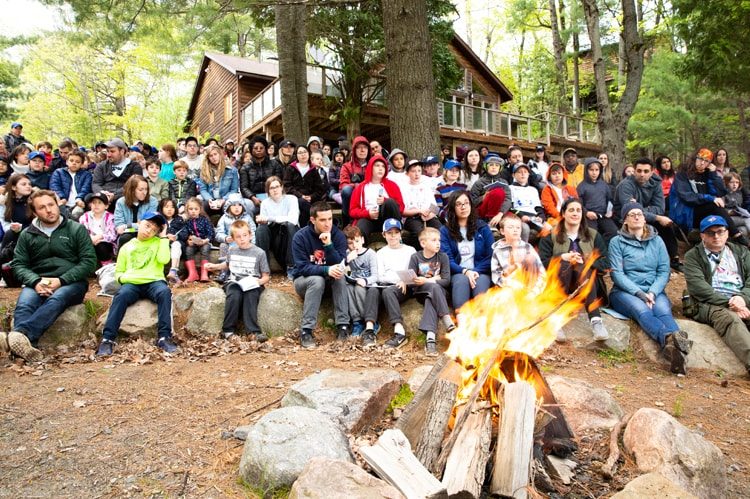
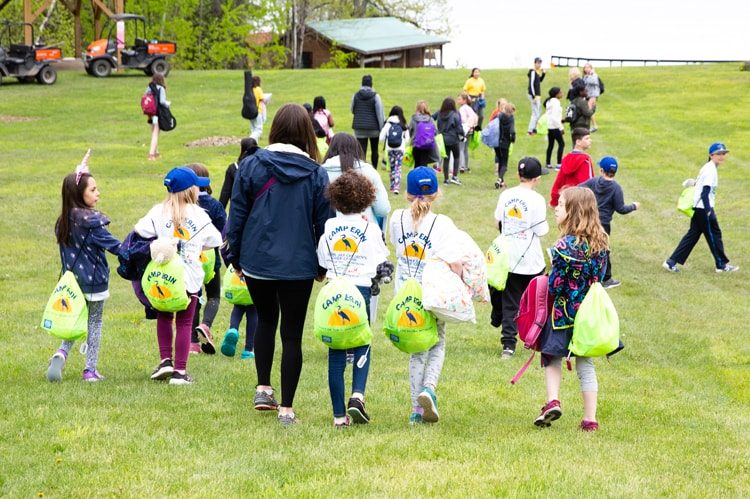
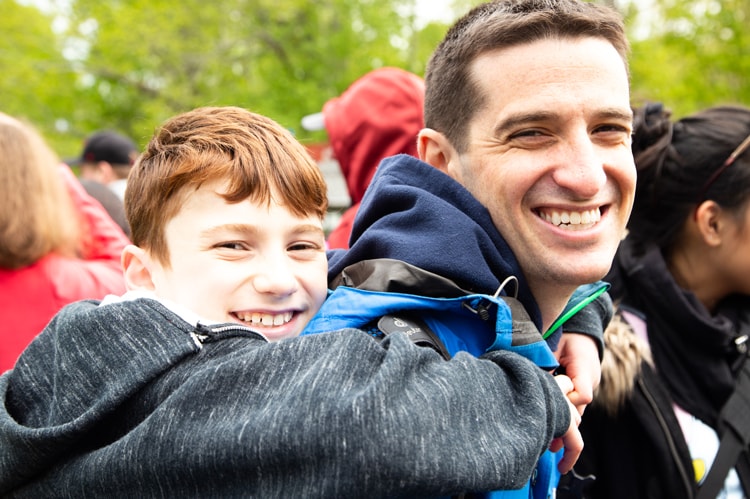


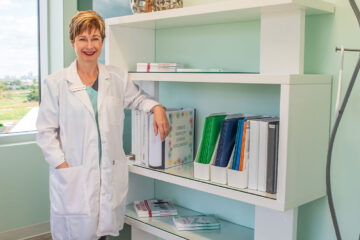

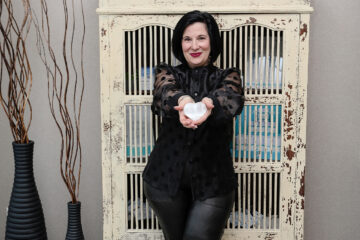

No Comment